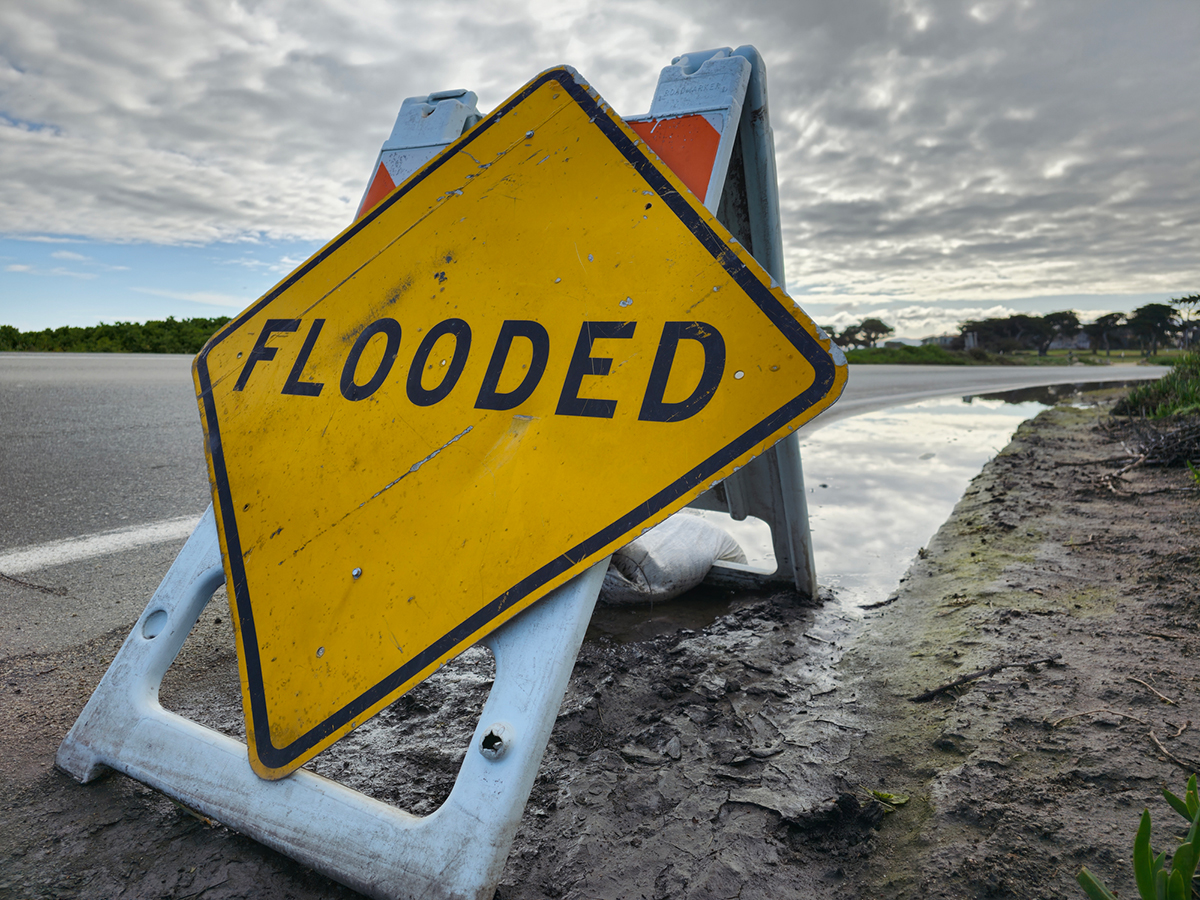
A hurricane in Florida. A flood in New York. A wildfire in Colorado. What do any of these have to do with Tennessee’s insurance rates? It would be easy to say, “Oh, that’s just the insurance companies charging us for money they had to pay for other claims.” However, it goes much deeper than that, so let’s discuss why losses elsewhere impact premiums here.
To start with what you probably did know – yes – there is an impact in premiums when companies lose money elsewhere. But it’s not as simple as “greed” for insurance companies. The way these companies make a profit is measured through a “combined ratio” – a metric that calculates their loss ratio and expense ratio. In other words, the amount they’ve paid out for losses is added to their business expenses and divided by the amount of premium they’ve “earned” from insureds. A combined ratio over 100 means that the company – in the most basic sense – is losing money.
Companies that continually lose money typically cease to operate after some time. That is one reason why there is an impact on your insurance rates based on losses in other parts of the country, but it’s far from the only reason. Here are three more:
Actuarial Predictions
Companies rely on actuarial science – the discipline that applies mathematical and statistical methods to the systematic observation of natural events to assess the risk of events occurring and help formulate policies that minimize this risk and its financial impact on companies and clients – to measure future risk. When there are more disasters, these measurements increase future predictions of risk, in turn resulting in filings for higher rates.
Claims Costs
When there are significant natural disasters, especially multiple disasters across the country, there is a major impact on the supply chain. The cost of materials and labor can increase significantly, as can the time for mitigation and repairs. This all adds up to higher claims costs, which in turn lead to a need for higher rates.
Reinsurance Costs
Insurance companies buy policies of their own – called reinsurance – to share the risks they insure. As claims and costs go up globally, the price of reinsurance goes up as well.
You might ask why these companies don’t just focus on areas of less risk – but it’s not that simple. A practice called “spread of risk” lessens the concerns of one major natural disaster impacting all or most of a company’s insureds. And there is risk everywhere. We may not be impacted by a hurricane, but a hailstorm, tornado, or wildfire is certainly possible.
All these factors go into ratemaking decisions for insurance companies. As we progress through hurricane season and other natural disasters occur, just keep in mind that the impacts from these events are not always immediate and not restricted to where they are happening.
If you’d like to know more, contact Brandon Patterson on our team at brandon@ownbyinsurance.com.